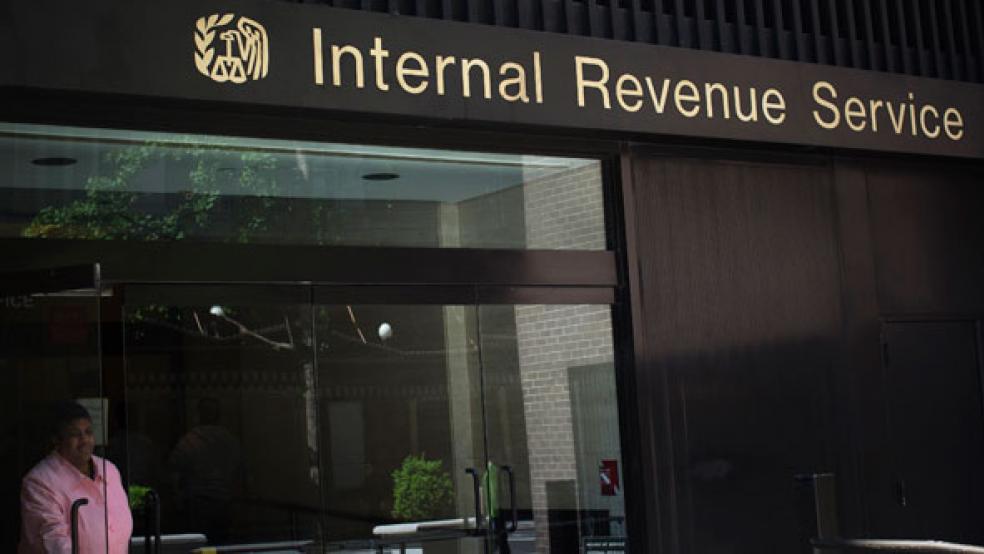Looks like the Internal Revenue Service has more to worry about than crashing computers, missing emails and Rep. Darrell Issa.
Like, not knowing whether they’re sending tax refunds to deceased taxpayers, for example.
In its annual report, the Government Accountability Office identified eight new high-risk areas within the IRS that pose serious threats to taxpayers’ pocketbooks and personal information.
Related: Budget Cuts Open the Doors to More Tax Cheats
One of the major problems cited in the report is the agency’s inability to measure whether its IT financial reporting systems are effective. The GAO noted that this issue has contributed to the “significant deficiency in internal control over financial reporting systems.”
The auditors said the agency’s controls were not operating effectively to “reasonably assure that tax refunds were not disbursed to deceased taxpayers who did not have a personal representative or surviving spouse identified on their accounts to receive the refunds.”
GAO said there were “numerous instances” in which the agency doled out invalid refunds to dead people last year. The auditors tested a small sampling of “suspicious” refunds and found 78 percent of those were invalid and went to deceased taxpayers.
Related: $600 Million Paid to Dead Taxpayers
Other issues flagged include the IRS’s time card procedures, which auditors say have oversight problems, adding that the IRS’s policies were not always followed to reasonably assure that agency employees did not receive excess pay.
For example, at least two employees had logged more than 80 hours during the 16-day government shutdown last year—which apparently got past IRS managers.
GAO also flagged the IRS’s procurement process and added that the agency didn’t provide adequate staff training to “reasonably assure the accurate and timely recording of goods and services received, the report noted.
The auditors recommended that the IRS put in place better controls to monitor the agency’s operations. The IRS agreed with most of the auditors’ recommendations, though it is unclear whether such controls will be implemented in a timely manner.
The IRS, after all, is no stranger to the GAO’s annual high-risk list of federal programs that pose threats to taxpayer dollars.
Top Reads from the Fiscal Times:



